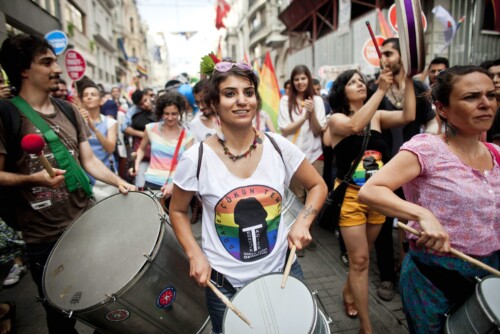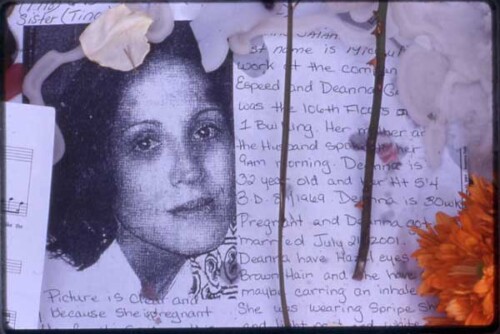Debating Oil Development in Africa
In a statement made on June 12, 2002, Representative Ed Royce (R-CA), Chair of the House Subcommittee on Africa, said,
Let’s be frank: oil development has proven to be more of a curse than a blessing for many developing nations. Few have put oil revenue to good use. Oil revenue has often been squandered. In many cases, oil revenue has been plundered by corrupt government officials. It is sobering that the average Nigerian is worse off today than 25 years ago, despite the $300 billion in oil revenue generated since then. It is appalling that former Nigerian dictator General Sani Abacha took billions himself. In the worst cases, oil has fueled civil war. This has been the case in Angola for years; over the last few years, oil has intensified the long and brutal war in Sudan.
But Royce concluded on an optimistic note: “If done right, the development of Africa’s energy resources will improve our nation’s security, benefit our economy, and help lift African economies.”1
The mainstream African churches – the Catholic Church and the Episcopal Church – have come out on the administration’s side. While belatedly adopting something close to Liberation Theology, which was at the forefront of so much change in Latin America several decades ago, the churches have agreed that oil development holds the answer to African poverty. The Association of Episcopal Conferences of the Central African Region, in its report on poverty and oil in central Africa, calls on all involved to work “for the exploitation of our oil . . . with total respect for the lives of our people, of our environment, and for our personal and social rights.”2 They are less optimistic than Royce, though, as they describe all the forces working against a positive outcome.
This is the core of the debate on oil development in Africa: Can oil revenues be made to work for Africans or will they profit only the corrupt few? Are oil revenues destined to fuel civil wars and pay for the abuse of human rights or can they build peace and prosperity? Is oil development in Africa’s interest or in the interest of the United States, as Royce implies? And there are further questions: Can African oil and gas reserves be exploited without harming the environment or is the expansion of the world’s oil-based economy ultimately inimical to our collective future on this planet?
- Representative Ed Royce, Statement, “African Oil Policy Initiative Group,” June 12, 2002, http://www.royce.house.gov/News/DocumentSingle.aspx?DocumentID=855. [↩]
- Association of Episcopal Conferences of the Central Africa Region (ACERAC), “The Church and Poverty in Central Africa: The Case of Oil,” ACAS (Association of Concerned Africa Scholars) Bulletin 64 (Fall 2002). [↩]




